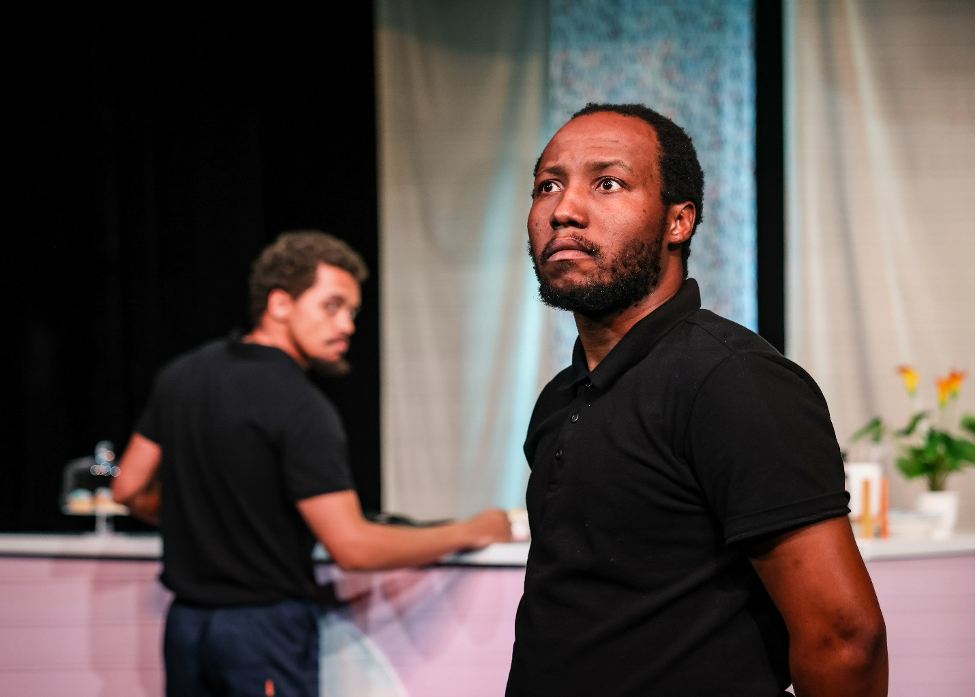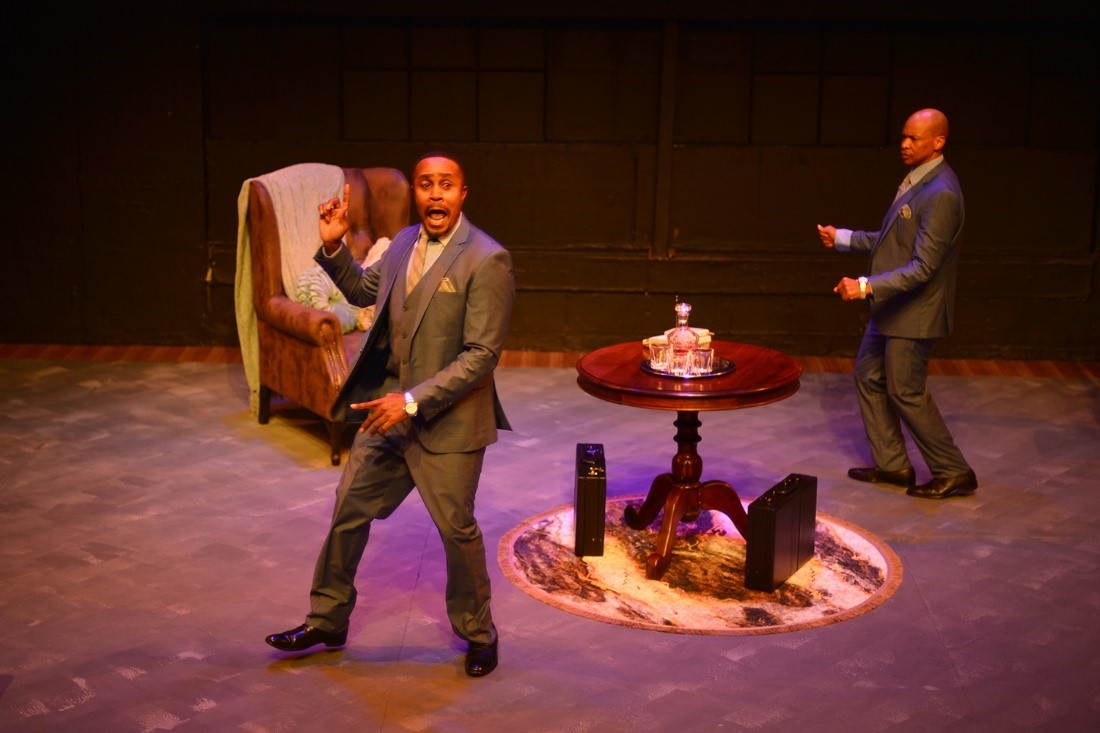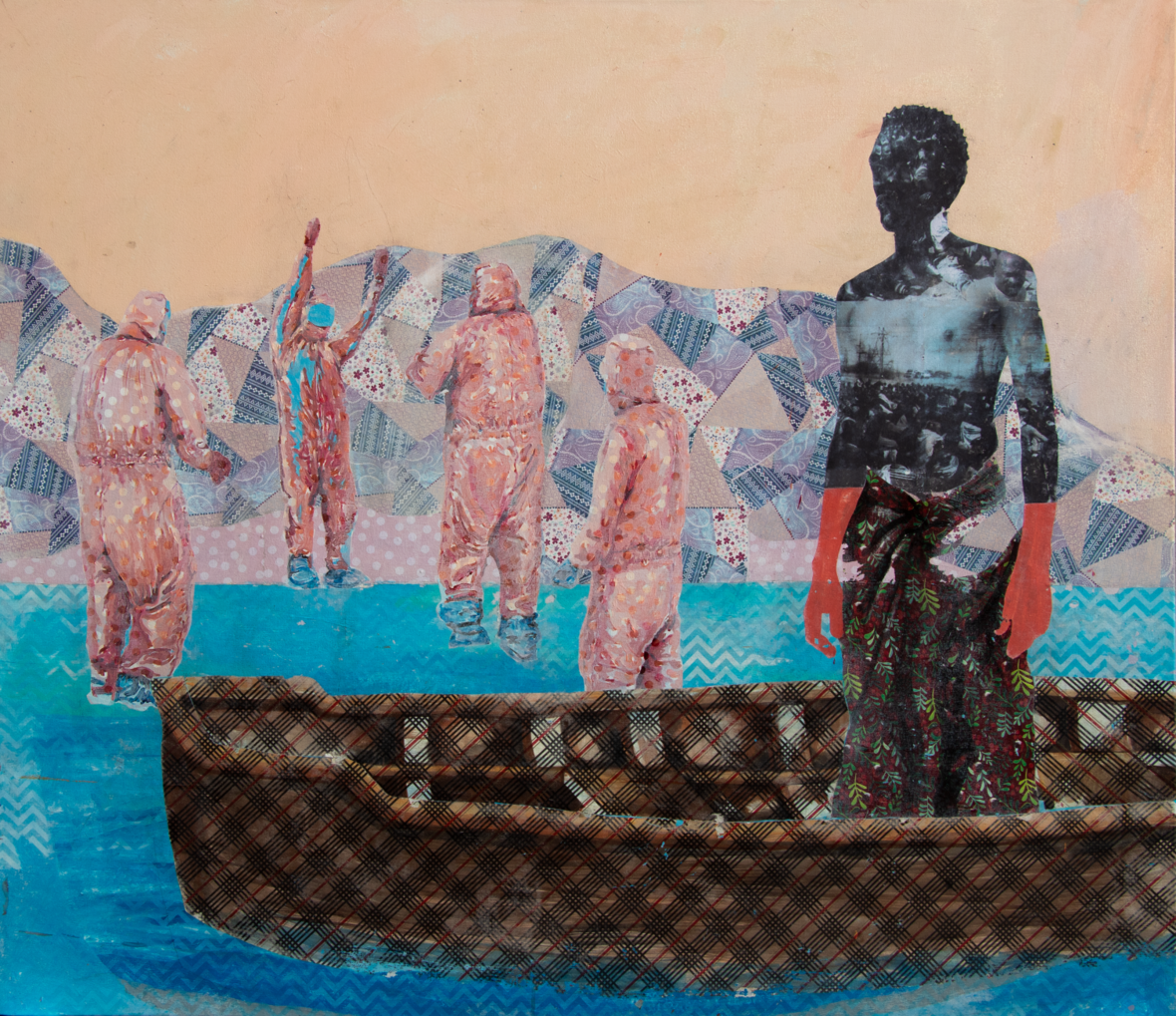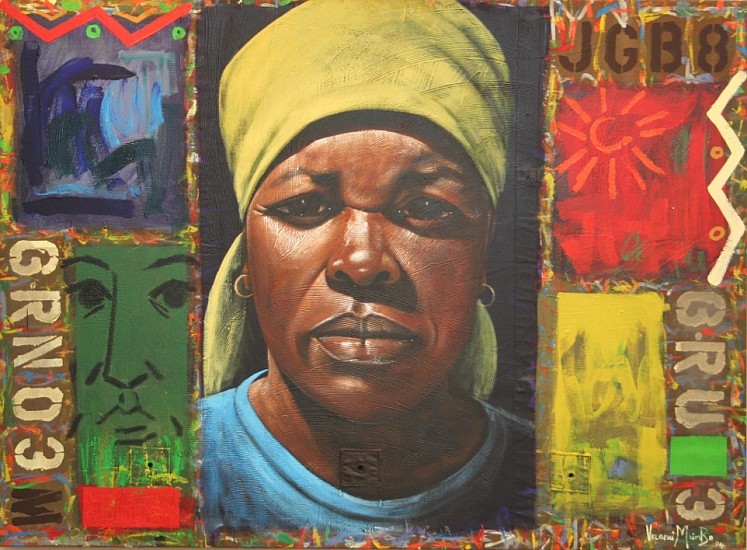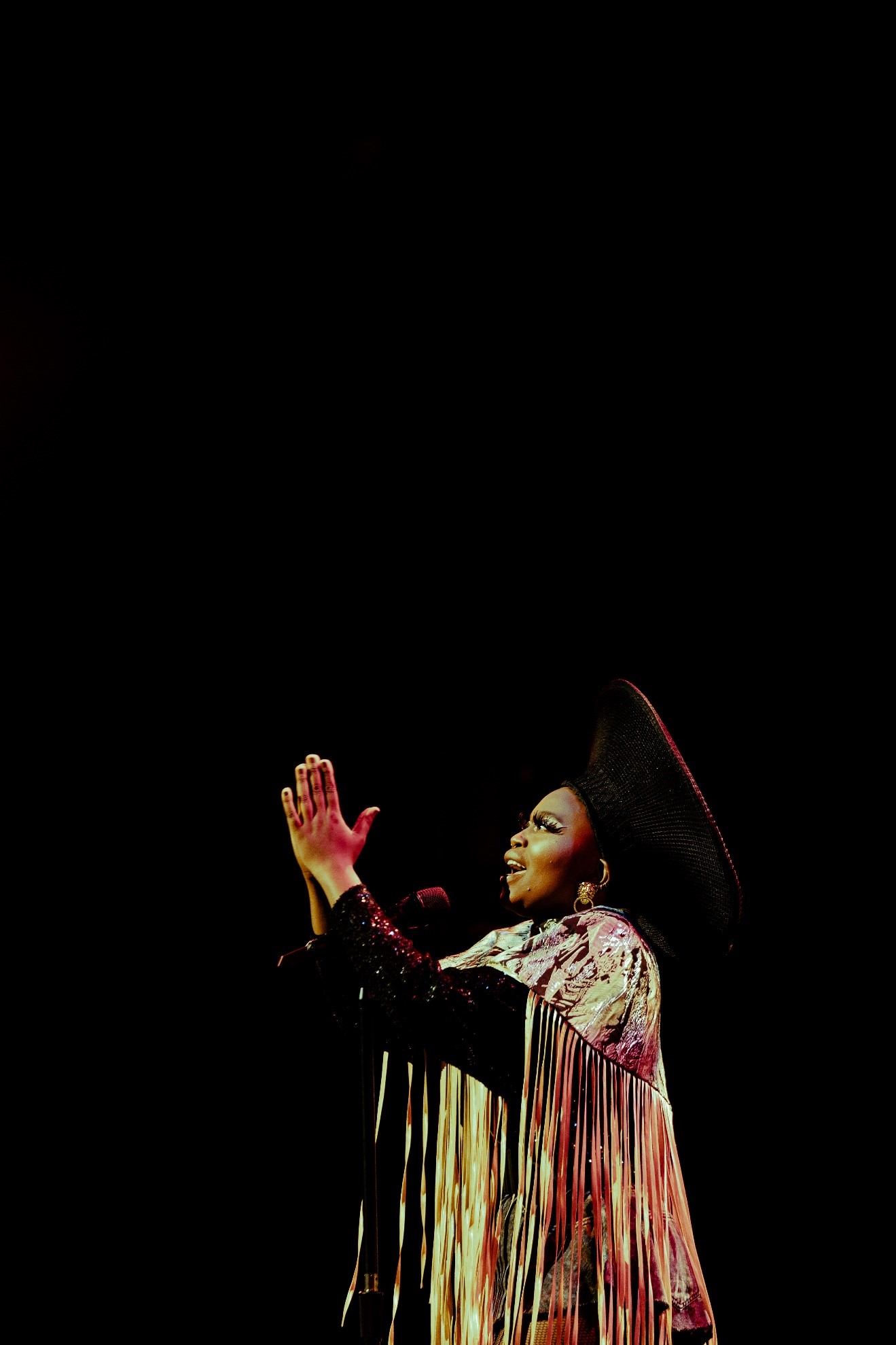In Poet-O-Type, Jefferson Tshabalala crafts a profound exploration of the arts, particularly poetry, through a deeply introspective and scathing letter to his greatest love: the craft itself. He places himself within multiple worlds simultaneously, inviting readers into what Can Themba once envisioned as a House of Truth. Here, the guidance offered is both resonant and practical, presenting tried-and-tested ways of creating, undoing, climbing, and falling.
Poet-O-Type follows the journey of a talented student of poetry as he contends with the varied and at times contradictory lessons of his mentor. Part ode to poets and wordsmiths, the play explores the life of artists who are trying to make a living by weaving words as they navigate the underground poetry-in-performance scene in pursuit of recognition and admiration. The play is funny, witty, full of language play, and is crafted by a team with a deep love of words.
Tshabalala's work oscillates between the joy of blossoming and the simplicity of love, embodying the glory and magic of existence through the metaphor of a grasshopper. Conversely, the Phantom represents a state of being both deeply desired and feared, its artistic vigour shrouded in ambiguity. Navigating these worlds, Tshabalala maintains poise and ease, despite the inherent difficulties.

This review is not merely about the personal dance of words but highlights the moral obligation to present the work plainly, acknowledging its demand for a high standard. Trevor Lynch’s enthralling performance, Billy Langa's genuine reaction, and Mahlatsi Mokgonyana's heartfelt direction are notable mentions that enhance the narrative. Ernest "Ginger" Baleni's transitional movement also stands out, shifting the audience to their very core.
Poet-O-Type calls upon artists to revere their craft with a sense of awe and trepidation. It encourages relentless dedication, viewing the craft as an extension of the human essence. Tshabalala's work serves as a clarion call to practitioners, urging them to uphold the legacy, dignity, and integrity of their craft. It emphasizes the importance of experiencing the magic of the arts, not just for the artists or the play, but for the craft itself. The work embodies the proverb "iron sharpens iron," demanding preparedness and excellence from those who engage with it.
*Poet-O-Type is at the Market Theatre until July 28.

